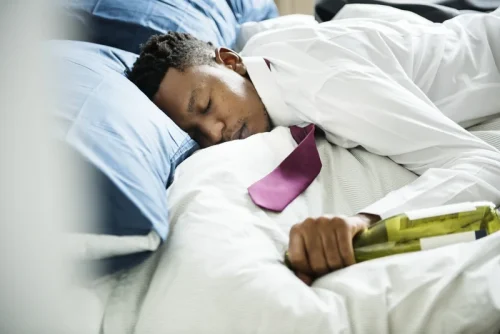
Even a single glass of wine can affect sleep, disrupting the delicate balance of sleep stages and leading to fragmented, less restorative rest. Regular alcohol users often experience a range of sleep issues, including difficulty falling asleep, frequent night-time awakenings, and Sober living home early morning wakefulness. Insomnia is a disorder that prevents someone from achieving a restful night’s sleep. This could mean that they aren’t reaching a deep level of sleep, are waking several times through the night, or can’t fall asleep to begin with. Any of these possibilities mean that when the person wakes, they aren’t feeling rested. On a day-to-day basis, this doesn’t seem like that pressing of an issue.
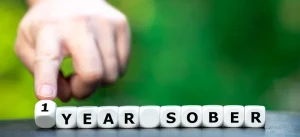
Continuing without alcohol or sugar
Medication can help you sleep better if you struggle with alcohol withdrawal insomnia. Firstly, you can take medications that make you feel more relaxed and ready for sleep. Secondly, during medical detox, you can take medicines that counter the effects of alcohol withdrawal. This promotes sleep by reducing the underlying cause of your insomnia. Caffeine and nicotine are stimulants and increase the stimulation you experience during alcohol withdrawal.
- These feel more like the removal of negatives rather than the addition of positives.
- Sleep debt is compared to your sleep need, which is the genetically determined amount of sleep you need.
- Support groups play an invaluable role in managing insomnia following alcohol cessation.
- Alcohol can have a sedative or stimulant effect depending on the dose and the time between drinking and bedtime.
How long does Insomnia Last After Quitting Alcohol
The good news is that these sleep disruptions are temporary, and any insomnia you experience will likely resolve as you persevere through recovery. You may experience your most severe sleep disturbances in the first week, but most people find that it eases up with time. One theory is that it disrupts certain neurotransmitters that play a role in your sleep cycle. The problem may also be linked to the after-effects of metabolizing alcohol. For instance, your levels of epinephrine (a stress hormone also known as adrenaline) can spike several hours after drinking.
How To Help Someone Quit Drinking (A Realistic Take)
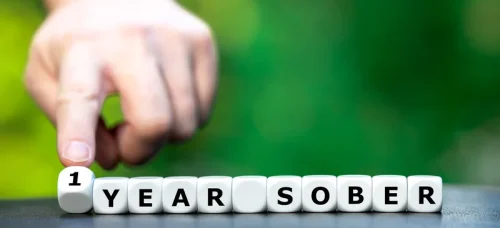
I have tried all of the above with good results, and I still use 5-HTP and L-theanine on a regular basis. In my opinion, NAC in particular is an underrated solution for anxiety and insomnia during post-acute withdrawal. I’ve discussed amino acids often on this site, because they are the building blocks for neurotransmitters that are depleted by long-term alcohol consumption. Since insomnia is merely a symptom of biochemical imbalance caused by prolonged drinking and/or withdrawal, there is no one-size-fits-all approach. If you think you may have a sleep problem or disorder, consider taking our brief sleep quiz to find out.
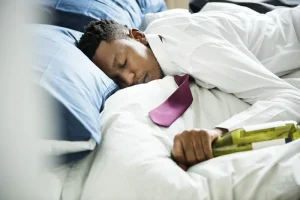
Remember that only a healthcare professional or sleep specialist can diagnose a sleep condition. Older men who consume alcohol are more likely to have a worse sleep profile, characterized by waking tired and waking several times during the night. It can have a relaxing effect, but research shows that too much alcohol can lead to a insomnia after drinking lack of sleep or insomnia. If you’re turning to alcohol to help you sleep, you may be making the quality of your sleep worse.
- At The Recovery Village at Palmer Lake, we have experience helping people medically detox while avoiding the dangers and discomfort of withdrawing.
- Continue your journey and explore the science behind insomnia after alcohol detox.
- Alcohol may also increase levels of adenosine, a chemical messenger that is important for sleepiness.
- On the medication front, various options ranging from over-the-counter sleep aids to prescription sleeping pills can help manage insomnia.
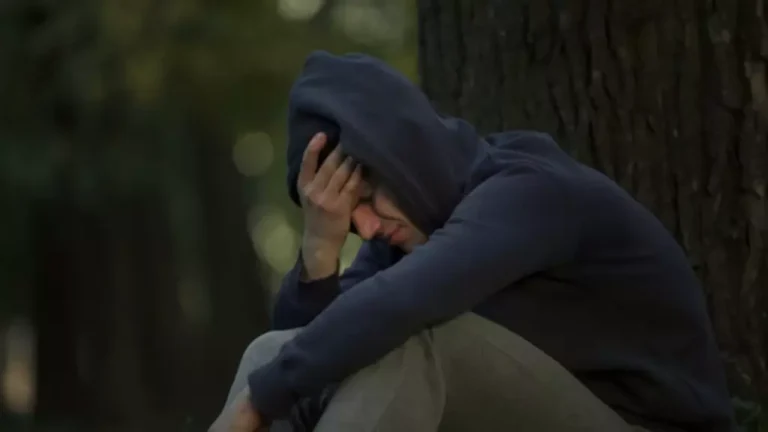
In the early stage of alcohol withdrawal, many individuals experience an increase in sleep latency (the time it takes to fall asleep) and frequent night awakenings. However, in more severe withdrawal cases, individuals might suffer from insomnia, extremely vivid dreams or nightmares, and even sleep-impacted disorders like sleep apnea and restless legs syndrome. Insomnia occurs when a person has persistent symptoms related to difficulty falling or staying asleep. It also includes consistent unrestful sleep that occurs despite adequate https://ecosoberhouse.com/ sleep. Insomnia is linked to detox because it is very common in those going through drug or alcohol withdrawal and in the early stages of recovery.
- The goal of cognitive behavioral therapy for insomnia (CBT-I) is to change sleep habits as well as any misconceptions about sleep and insomnia that may perpetuate sleep difficulties.
- Alcohol may offer temporary relief from stress, but it exacerbates anxiety and depression in the long run.
- Five months ago, I started to reduce the number of caffeinated drinks I consumed each day.
- Alcohol is known to disrupt this rhythm, altering our sleep patterns when consumed in excess.
